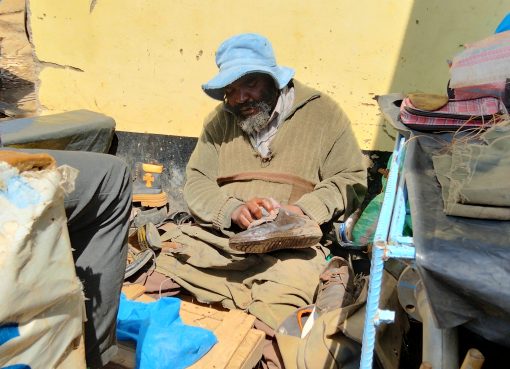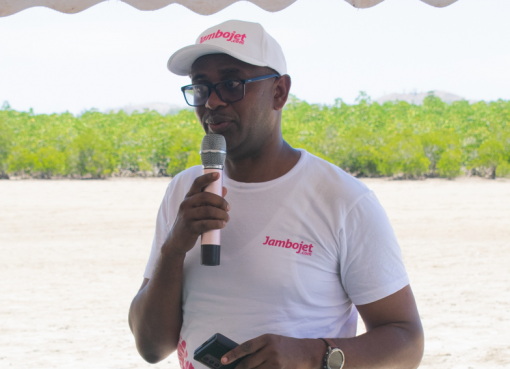The African continent need to invest more resources in the public health sector to counter future pandemics including HIV/AIDS and Covid- 19.
This way, African countries would respond faster and more effectively to lessen the severity of the pandemics by paying more attention and priority in the hope of checking the inherent impact to the young economies.
Health experts have cautioned that as we usher in the festive season, African countries should be more vigilant against COVID 19, more so those with chronic conditions like HIV, Diabetes, and High blood Pressure among others.
Dr Thierno Balde, WHO Africa Regional Covid-19 Incident Manager, one of the keynote speakers, told a webinar for journalists drawn from Africa that since global attention turned to combating Covid-19 it rolled back much of the gains made in fighting HIV/AIDS.
Thiermo said there is need to continue sensitizing citizens to get vaccinated against COVID-19, while maintaining the positive trend in relation to curbing the spread of HIV in most of our countries.
He said we have a younger population, co-morbidity and fewer people in rural areas, which probably explains why we had lesser severance of Covid-19, but the factors are still being investigated to come up with a more convincing explanation.
However, the medic said development of research and the requisite medical tools was still lacking in the entire continent except in South Africa.
“Our treatment capacity, level of equipment like ICUs in rural areas is wanting. We must tackle high levels of misinformation on HIV and Covid- 19, but also advise our people of the new variants, while still pitching for vaccination,” he posed.
Thiermo said herd immunity is the direct protection from a contagious disease that happens, when a population is immune through vaccination or developed through previous infection according to GAVI, the vaccine Alliance.
It means that even people who are not vaccinated or on whom the vaccine doesn’t trigger immunity are protected, because those around them who are immune can act as buffer zones.
The vaccine alliance points out that the more infectious a disease, the greater the population immunity needed to ensure herd immunity. For instance, it states that measles is highly contagious and one person with it can infect up to 18 other people.
This means that around 95% of people need to be immune in order for the wider group to have herd immunity.
However, the new coronavirus has a lower infection rate, with each infected person passing it on to two or three new people on average. The herd immunity should be achieved when 60% of the population becomes immune to Covid- 19.
By Joseph Ouma





